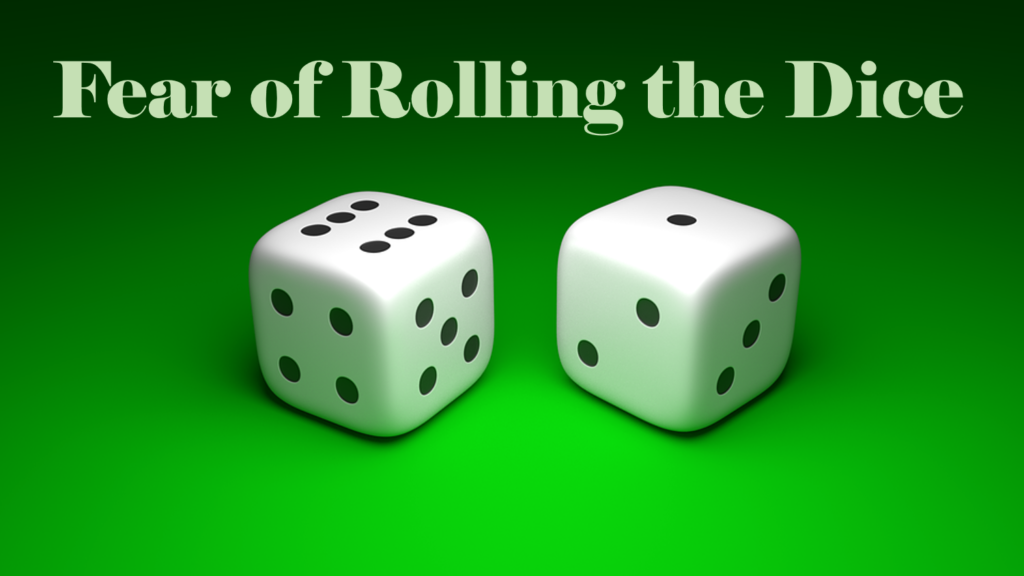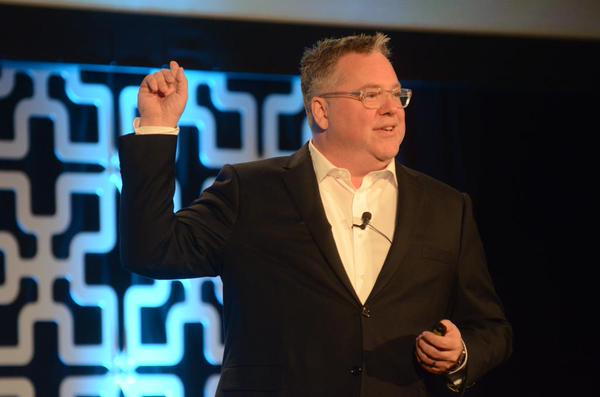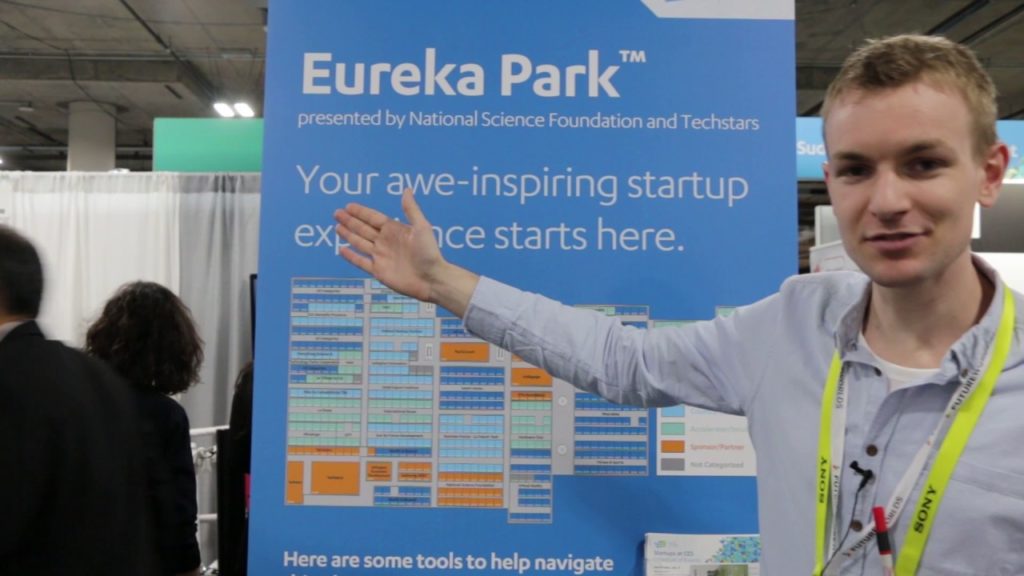 Yesterday’s post about the sand traps radio (and automotive) get into when they try to create that elusive “second act” resonated with many of you. Auto exec Bob Lutz laid the blame on management’s misinterpretation of market research. And there’s a lot to be said for that.
Yesterday’s post about the sand traps radio (and automotive) get into when they try to create that elusive “second act” resonated with many of you. Auto exec Bob Lutz laid the blame on management’s misinterpretation of market research. And there’s a lot to be said for that.
But the other speed bump is more emotionally based – risk aversion. It’s alive and well in all industries, but is especially problematic for traditional media companies concerned about making mistakes that could send brands to the back of the class. It’s challenging to be innovative on the one hand, while trying to achieve Q1 goals on the other.
We’re all haunted by failure. And let’s face it – it’s not fun to come up short and find yourself near the bottom of the standings or way down the ratings ranker. But every innovator experiences the agony of defeat – in most cases, multiple times – before inventing the light bulb, the smartphone, or even the Veg-O-Matic. Failure is simply one of the byproducts of risk.
But to win or lose, you have to put something on the line, roll the dice, take a chance. And that’s where so many companies and managers stumble. Most people are, by nature, risk averse.

Former NPR programming chieftain, Eric Nuzum, took on that issue last week in a provocative article in Current, public media’s main trade publication. Titled “How public radio’s risk-averse culture impedes its chances for success,” Nuzum reasoned that public radio will be unable to compete against agile, swashbuckling digital players because of its aversion to risk.
Nuzum now heads up content for Audible, Amazon’s audio company. He’s tasked with developing compelling sonic content, including podcast and other on-demand programming. It’s a job that requires a certain level of derring-do – and failure comes with the territory.
Eric is one of the people I spent time with during his highly successful and productive run at NPR, and in the last couple years as a presenter at a number of Jacobs conferences. He’s one of the brilliant minds in the media business, as evidenced by his fingerprints all over NPR hits that include “Invisibilia,” “TED Radio Hour,” “Ask Me Another,” and others.
In his opinion piece in Current, he took on the staid mindset that he says permeates public radio, pointing to how the fear of failure engenders conservative, weak, and banal decision-making.
Along the way, Nuzum is critical of unspoken groupthink, the insatiable need to produce winners, and the behind-the-scenes gossipy culture that casts blame on those who tried and failed. Nuzum asserts that in order to compete against the digital disruptors, public radio will need to adopt a new mindset, learning from and accepting failures, while venturing out again and again to accomplish great things.
 We saw this on display earlier this month at CES – especially at Eureka Park – 900 booths where risk is brushed aside while innovation blooms. It’s where crackpots live alongside geniuses. But the common thread is that risk aversion is not allowed in Eureka Park.
We saw this on display earlier this month at CES – especially at Eureka Park – 900 booths where risk is brushed aside while innovation blooms. It’s where crackpots live alongside geniuses. But the common thread is that risk aversion is not allowed in Eureka Park.
Eric also unveils his personal 5-step après-failure regimen he puts into effect after something he developed or created has gone awry. It’s a helpful protocol for any risk-taking high flyer. I recommend you read Eric’s article because anyone in a media organization can benefit from his thought process.
But here’s where Nuzum is wrong.
Public radio doesn’t have the market cornered on risk aversion. It’s a palpable fear alive and well in traditional media companies all over the globe, including commercial radio. While many companies say they’re seeking big, new ideas, many are fearful and even critical of failure. And in the largest markets, the paranoia about “meter migration” has led many brands to play it ultra-safe, especially in areas like special programming, spoken word shows, and even community-based initiatives.
It’s almost at times like the industry has a split personality. On the one hand, nearly everyone in both commercial and public radio acknowledges the ongoing need to innovate with content – and distribution. But on the other, new ideas are often met with a flurry of “It’ll never work” criticism – counter-productive to testing the waters with a new and different concept.
Public radio doesn’t have the copyright on risk aversion. Fear of failure is a palpable emotion that impacts everyone up the chain, often even more powerful the higher you go.
 We’re all fighting our lizard brain – the part of our mindset Seth Godin refers to as “the source of the resistance.” In actuality, it’s the oldest part of our brain – the amygdala – or the brain stem.
We’re all fighting our lizard brain – the part of our mindset Seth Godin refers to as “the source of the resistance.” In actuality, it’s the oldest part of our brain – the amygdala – or the brain stem.
It’s the most primitive sector of the brain, and it’s all about survival, rather than innovation. It’s that voice that encourages us to run away, rather than push back, fight through it, and take that risk.
For the radio industry – public or commercial – to effectively fight the good fight in the new world media order, management will have to not just encourage trial, experimentation, and innovation.
It will have to accept and even welcome the failure that so often comes with success.
And shut down its lizard brain.
Innovation – without fear – is on display at CES. We’re hosting a free webinar – “10 Takeaways From CES 2018 (That Will Impact Radio)” – with Inside Radio this Thursday, January 25th at 2pm ET. You can register for it here.
- DJs And Baristas: Can They Save Their Companies? - May 2, 2025
- Radio’s New Audience Equation: Z Over Y = Trouble - May 1, 2025
- What Is It With Female Robot DJs? - April 30, 2025




It’s not a critique on NPR – it’s another wake up call for all of us… complacency/status quo = done.
Spot on, Tom.